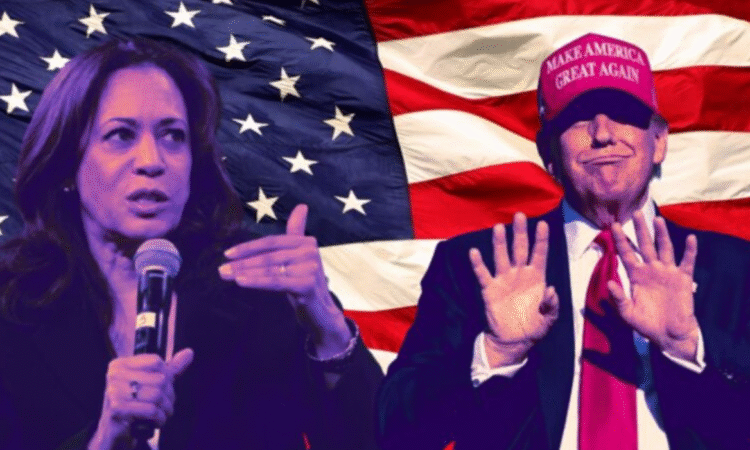
The Trump administration reacted strongly after former Vice President Kamala Harris described Donald Trump as a “tyrant” with a “fragile ego,” calling her comments “sick” and accusing her of inciting violence. Harris made the remarks during a Monday night interview on MSNBC’s The Rachel Maddow Show, her first major television appearance since leaving office earlier this year.
In the interview, she criticized Trump for a wide range of actions, including his attacks on government institutions, his promotion of the MAGA movement, his attempts to limit free speech, and his use of federal powers, such as merger regulations, as tools for political leverage.
Harris, who ran unsuccessfully in the 2024 presidential election, used the interview to also promote her new book, 107 Days, in which she recounts her experiences and reflects on the challenges of the past administration. During the 40-minute discussion, she expressed frustration with major business leaders and corporate executives who, in her view, failed to speak out against Trump’s actions. She argued that these figures often chose to comply with his demands rather than stand up for democratic principles, leaving institutions vulnerable to manipulation.
Drawing from her experience in both the private sector and a lifetime in public service, Harris explained that she had always believed influential business leaders could act as “guardrails” for democracy in times of crisis. She expressed disappointment that many of these so-called “titans of industry” had instead been “feckless,” allowing Trump to push forward with policies and demands without resistance.
She highlighted that these leaders had little to fear personally—they were not at risk of losing their wealth or homes—yet they remained silent, prioritizing self-interest over public responsibility. She reiterated her strong language from a speech at the Ellipse, calling Trump “a tyrant” and warning of the dangers of unchecked power.
Harris pointed to specific examples to illustrate her concerns. She criticized ABC for succumbing to conservative pressure by removing late-night host Jimmy Kimmel from the air following his remarks about political commentator Charlie Kirk. She also discussed the role of the Federal Communications Commission in approving major corporate mergers, suggesting that Trump had used regulatory power as leverage to serve his personal and political interests.
She drew attention to the broader threat she sees to American democracy, comparing Trump’s actions to those of authoritarian leaders around the world. Harris argued that many business leaders remain silent either because they fear retaliation from Trump or because they hope to gain his favor.
She acknowledged that fear is understandable, given the president’s demonstrated willingness to use government power against his critics, but emphasized that at some point, these leaders must act to protect the institutions that uphold democracy. Harris stressed the importance of these institutions serving as a safeguard against leaders who put personal ego above the public good.
The former vice president’s comments sparked immediate backlash from the Trump administration. White House representatives accused Harris of inflaming tensions and questioned her credibility, calling her statements “sick” and irresponsible. The White House’s Rapid Response 47 X account shared clips of the interview, emphasizing Harris’s description of Trump as a “tyrant” and noting that he had survived two assassination attempts, framing her remarks as disrespectful and provocative.
This exchange highlighted the continuing tension between Harris and Trump, with Harris calling for accountability and stronger democratic guardrails, and Trump’s team defending his legacy and dismissing her critiques.
Throughout the interview, Harris’s broader message centered on the responsibilities of those in positions of influence. She urged leaders in business, media, and government to recognize their role in protecting democratic institutions, warning that inaction allows dangerous precedents to take hold.
She painted a picture of a political landscape where fear, personal ambition, and silence undermine the checks and balances meant to prevent abuse of power. Her call for accountability and courage resonated as a warning not just about Trump’s actions, but about the consequences of allowing powerful figures to go unchecked. It was both a critique of past failures and a plea for vigilance in the present, underscoring the need for integrity and responsibility at every level of society.
Harris’s remarks, combined with the response from the Trump administration, underscored the deep divisions in American politics. On one hand, a former vice president publicly denounced actions she viewed as dangerous to democracy and urged leaders to act as a counterbalance.
On the other, the current administration framed her words as inflammatory and disrespectful, signaling ongoing battles over public perception, media narratives, and political influence. The interview became a flashpoint in the debate over the balance between political critique, personal responsibility, and the preservation of democratic norms, showing how high-profile figures continue to shape public discourse long after leaving office.

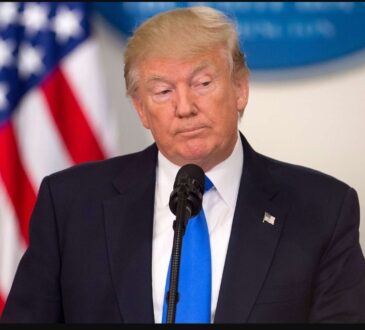
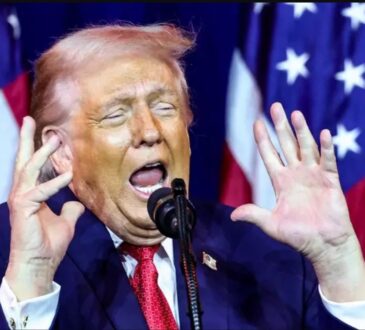
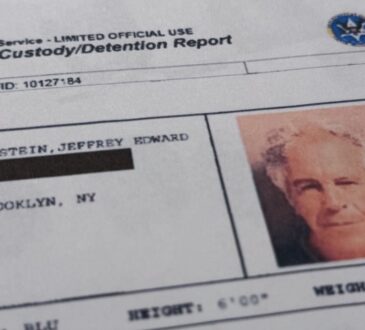
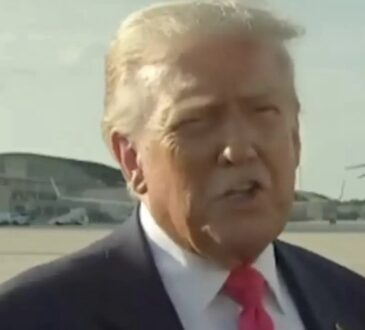
Kamala Harris is irrelevant and she needs to stay out of the political arena! She was VP and never did anything constructive for our Country. She doesn’t have the ability to achieve therefore she is not the person to divulge what our Government Leadership is in need of!